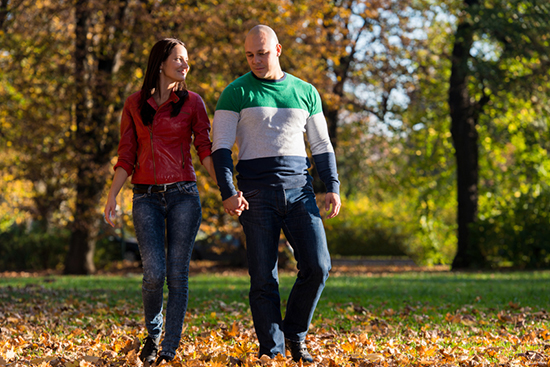Keep It Physical
Marriage is a wonderful opportunity to learn to receive and offer touch. Holding hands, kissing, hugging, enjoying sexual intimacy keep a marriage connected and provide those touches that can soothe our stresses. As God designed our bodies, when we experience touch or have sexual intercourse, oxytocin, the ‘loyal, bonding hormone’ is naturally emitted which causes us to feel more relaxed and emotionally close. Touch has reciprocal benefits; both the giver and the receiver benefit.






